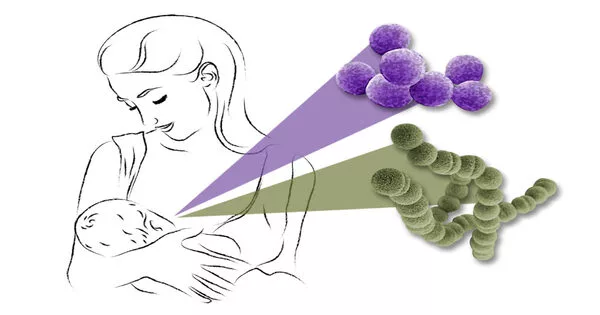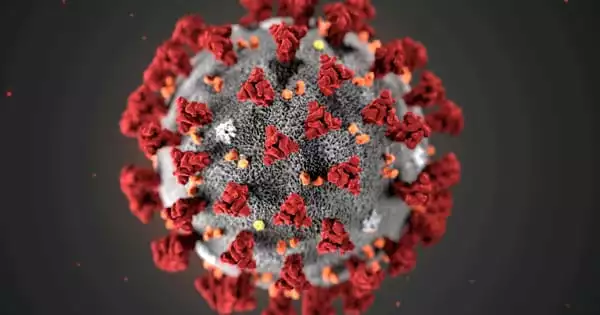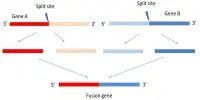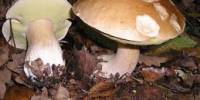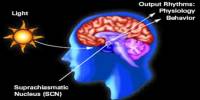Human milk microbiota refers to the community of microorganisms found in human breast milk. Human milk probiotics (HMP) refer to the microbiota (community of microorganisms) found in human mammary glands and breast milk. While breast milk was once thought to be sterile, recent research has revealed that it contains a wide variety of bacteria, viruses, fungi, and other microorganisms.
Human breast milk was previously thought to be sterile, but both microbial culture and culture-independent techniques have recently confirmed that human milk contains diverse communities of bacteria that differ from other microbial communities found in the human body. The microbiota in human milk can differ between individuals and is influenced by a variety of factors, including maternal health, genetics, and environmental exposures.
Key points about human milk microbiota include:
- Beneficial Microorganisms: The microbiota in breast milk is thought to help the infant’s development and health. It contains beneficial bacteria that may aid in the establishment and maintenance of a healthy gut microbiome in the baby.
- Maternal Factors: The composition of human milk microbiota can be influenced by a variety of maternal factors such as the mother’s diet, lifestyle, and overall health. Breastfeeding, for example, transfers some of the mother’s microbiota to the baby via the milk.
- Dynamic Nature: The microbiota in human milk is not static and can change over time. It changes in response to factors such as the infant’s age, the stage of lactation, and the baby’s feeding patterns.
- Protective Role: Some components of the human milk microbiota may have protective properties. For instance, certain bacteria in breast milk produce antimicrobial compounds that can help protect the infant against harmful pathogens.
- Potential Impact on Infant Health: The study of the potential effects of the human milk microbiota on infant health is ongoing. There is evidence that a healthy and diverse microbiota in breast milk may aid in the development of the infant’s immune system and protect against certain diseases.
The human milk microbiota, which could provide commensal, mutualistic, and potentially probiotic bacteria to the infant gut microbiota. The World Health Organization (WHO) defines “probiotics” as “living organisms that, when administered in adequate amounts, confer a health benefit on the host.”
